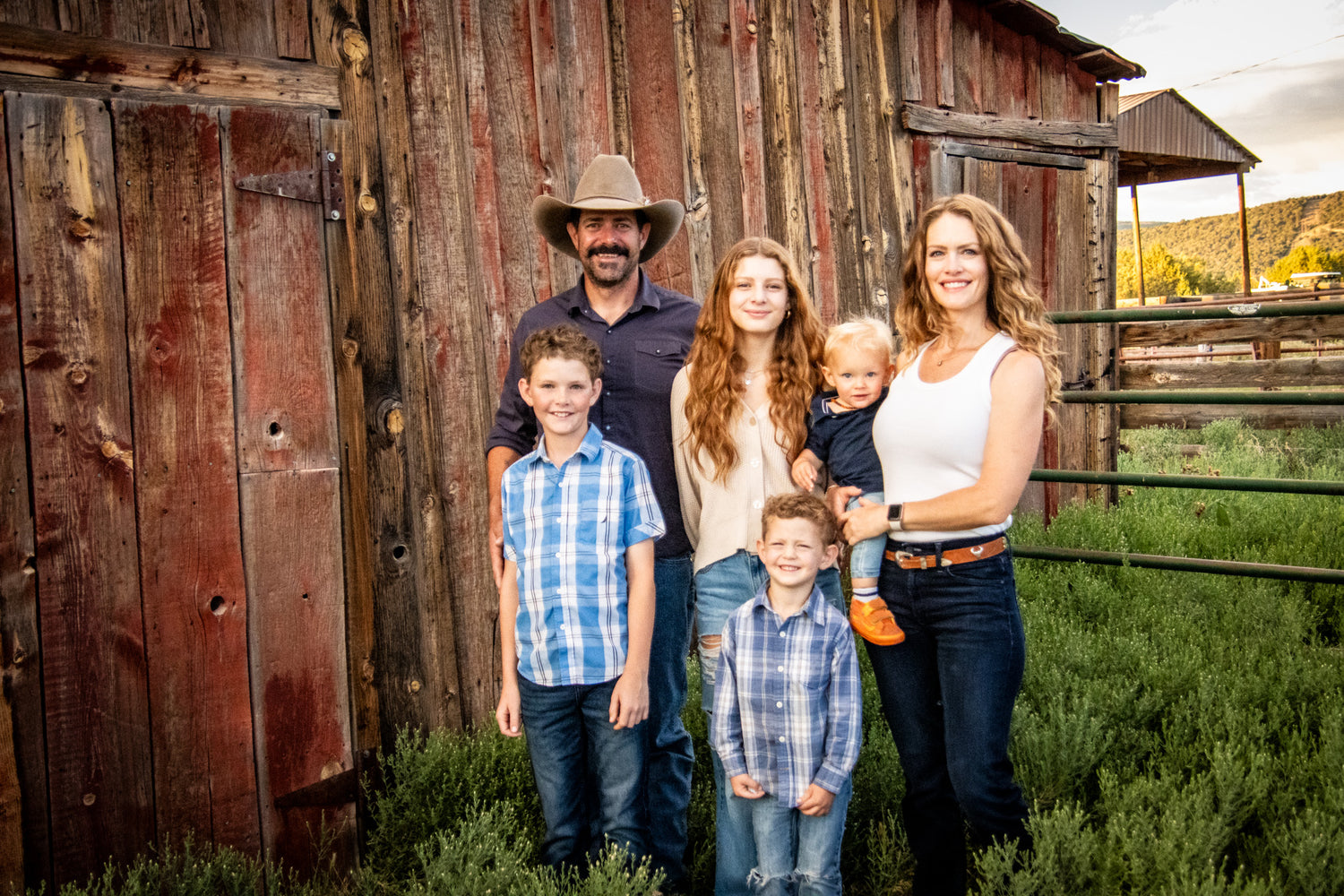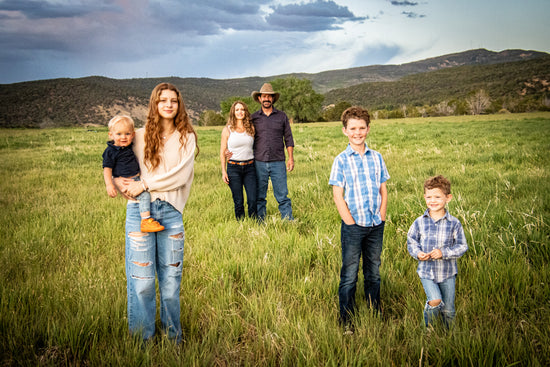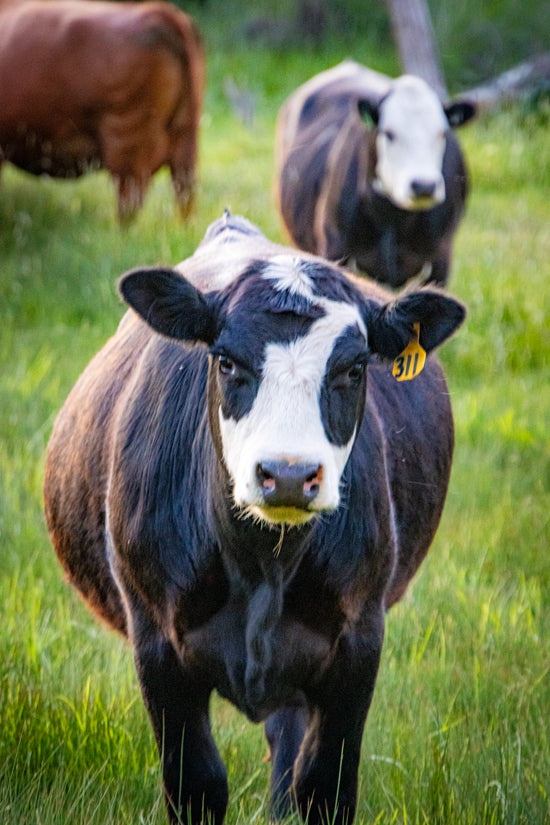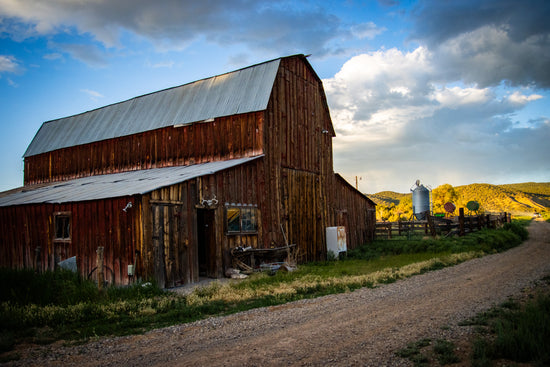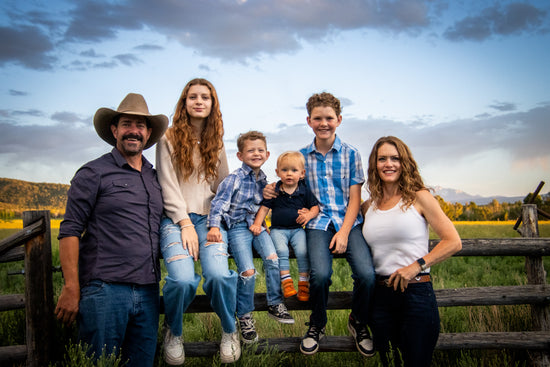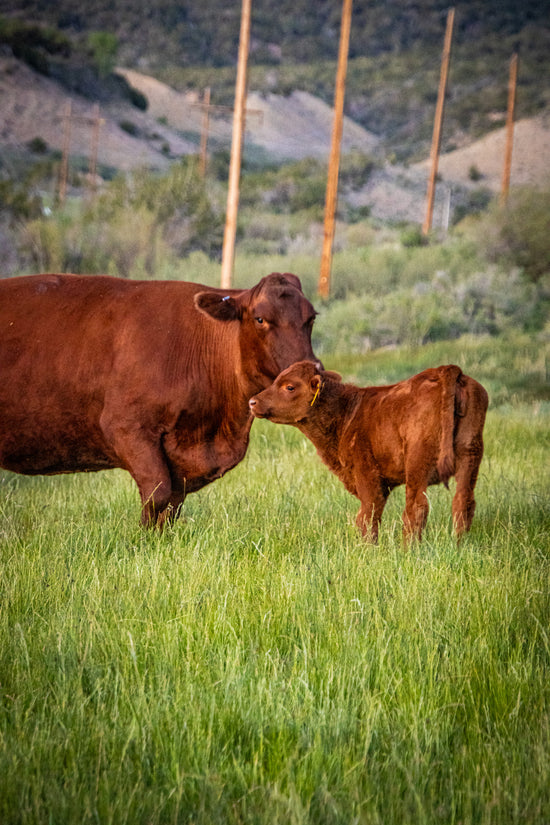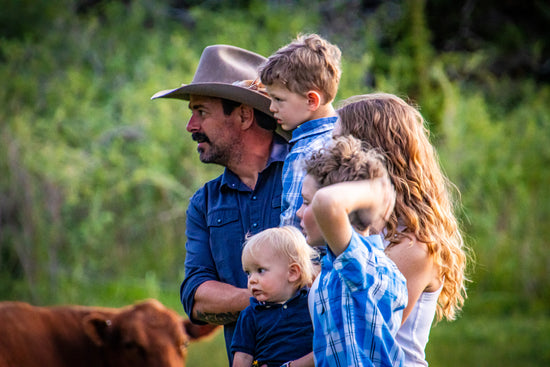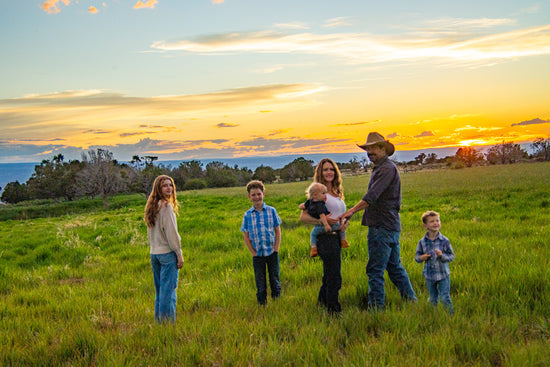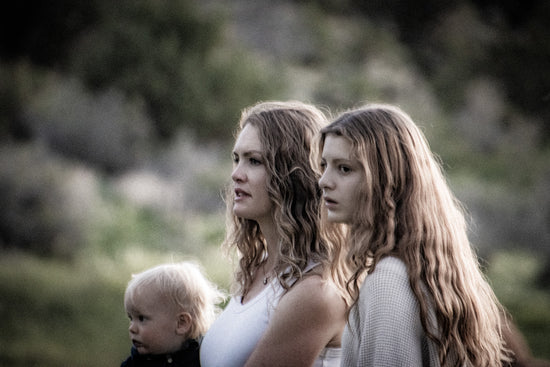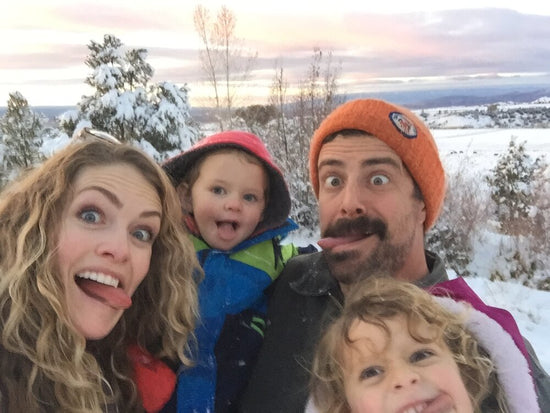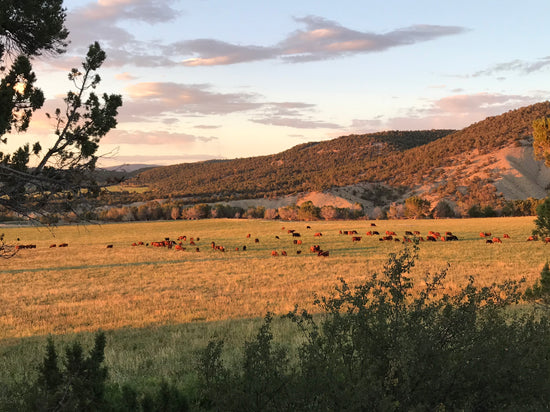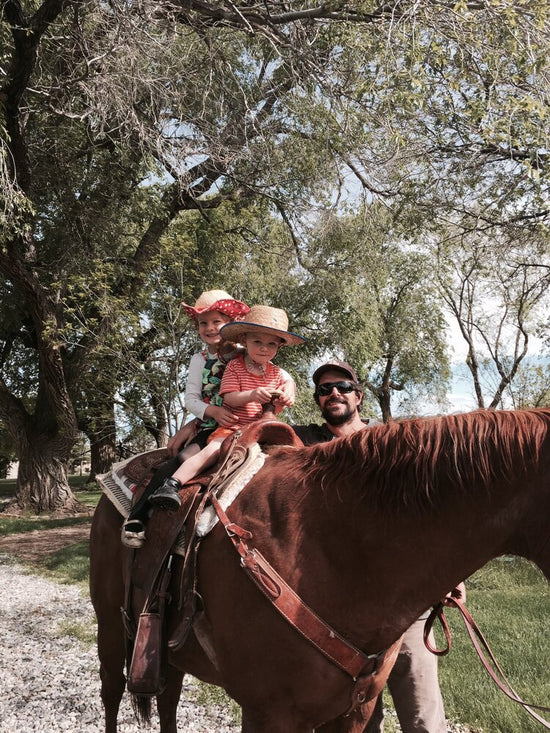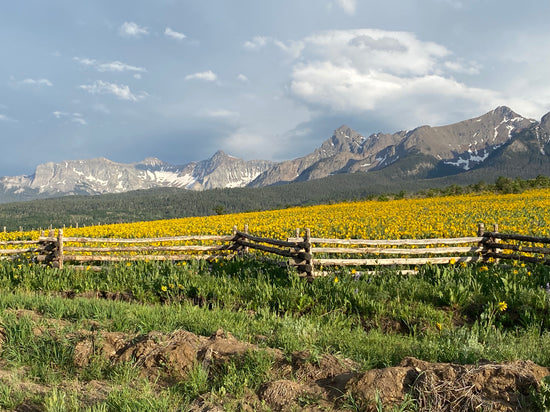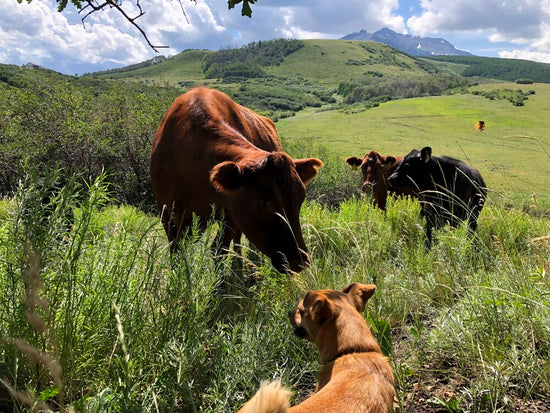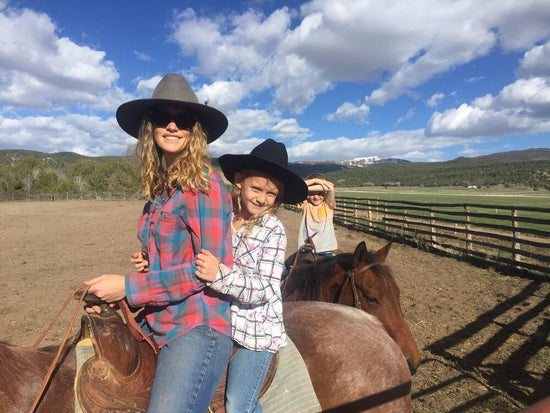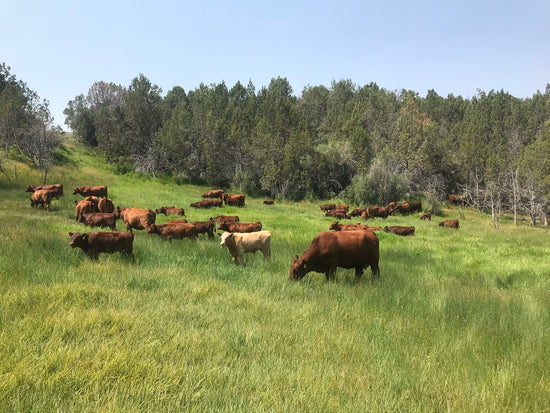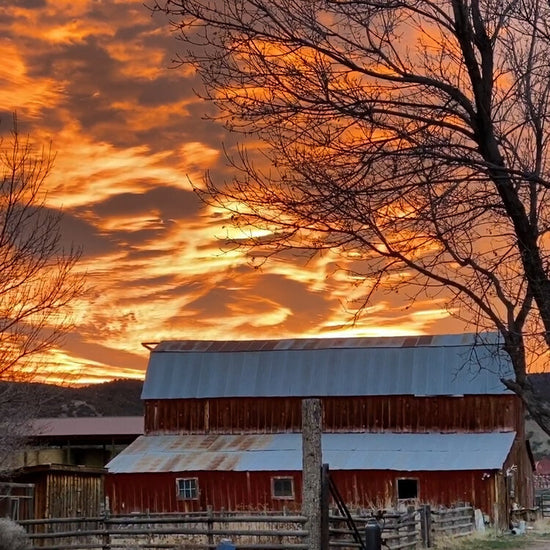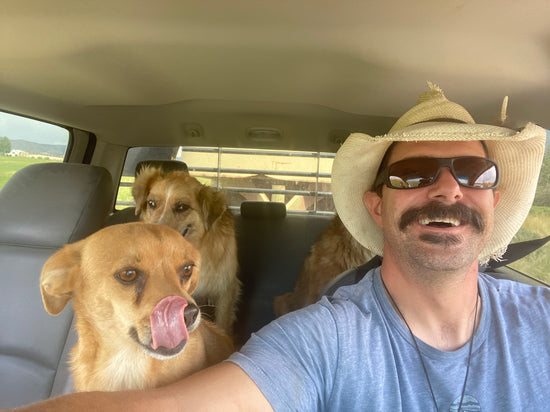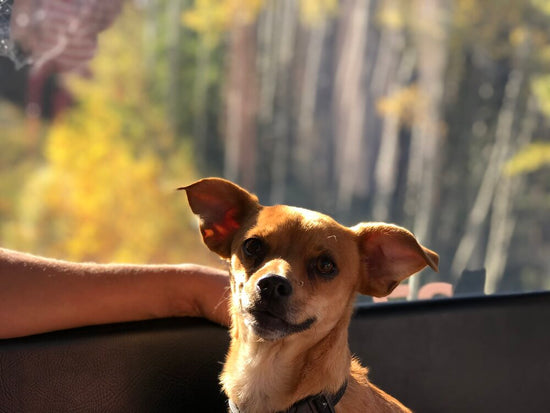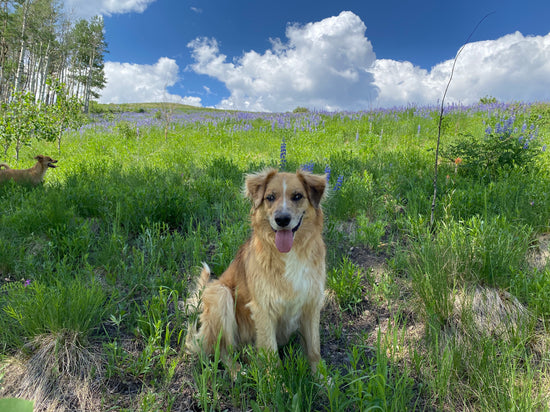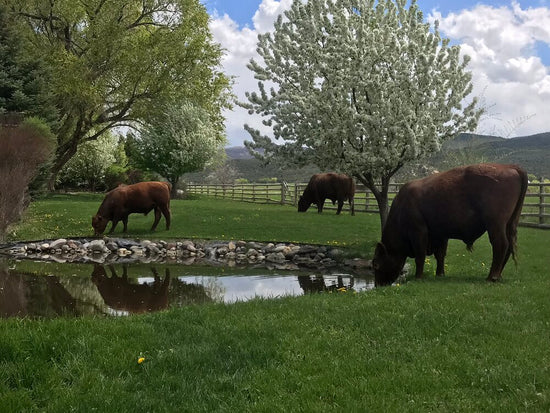OUR STORY
Our journey into regenerative agriculture began when we were dating in college in 2005. Jenika had to get a couple more credits to keep her scholarship at UC Berkley and was searching for classes that didn’t start too early.
She found one on Sustainable Practices that sounded interesting and fit the timetable criteria, so she enrolled. The second class session hosted Joel Salatin of Polyface Farms. He spoke of rotational, interspecies grazing and healing the food system through agricultural practices that were better for the animal, the land and lessened the gap between producer and consumer.
These concepts were new and foreign but struck a chord with Jenika. After class she excitedly shared the information with Jeff, who was an Animal Science major at Cal Poly San Luis Obispo.
He had always felt that something was amiss in the industrial agriculture model that he was being taught in school. Colleges, like Cal Poly, receive grant funding from Big Ag for their research projects and, thus, majorly promote those methods to their learners.
Jeff often wondered if a better way didn’t exist so that animals didn’t have to be spatially constrained, continually living in their own excrement, and therefore regularly pumped full of antibiotics to prevent illness.
It seemed cruel to the animals and produced a product that destroyed health rather than promote it. Saltin’s methods provided a solution to all these problems. Upon graduating, Jeff and Jenika visited Polyface Farms in Virginia with hopes of securing an internship, but that fell through since the waitlist was over two years long. Jeff decided he’d have to embark on his own and return home to care for the family ranch.
His parents had purchased the Downs Ranch property in 1990 after his dad, Steve, retired from contact lens manufacturing. Steve’s dream was to run cattle and ranch like his father and grandfather had done before him. Tragically, he passed away in 2001 and the ranch was being run by a sharecropper.
Jeff felt an unshakeable desire to continue his dad’s dream and make sure that the land was being properly cared for, rather than run into the ground by synthetic fertilizer inputs and overgrazing.
So, with an idea and a healthy dose of optimism, Jeff purchased 7 cows, sheep, some pigs, a myriad of books, 50 chickens, and enrolled in the local farmers markets.
We stopped using synthetic fertilizers, rotationally grazed the cows, followed by the sheep, followed by the chickens. We watched the land heal and the production increase.
After 9 years we decided to streamline our operation by only raising Grassfed Beef and selling it wholesale.
When our Whole Foods contractor backed out of a shipment, we experienced the panic of having our livelihood dependent upon insensitive, corporate board room decisions.
In order to gain more control over our ability to provide for our family, we began selling to our local community in 2019.
Our customers know that grass-fed and Organic meats are the best thing that you can eat to support their health and wellbeing.
Our work is relevant, not because we can solve the food system’s problems on our own, but because we are providing our customers with nutrient-dense, craft beef that is healthy, flavorful, and tender, using practices that heal the land.
We raise our Angus/Devon mix cattle on Certified Organic pastures that boast a palatable blend of alfalfa, clover, and perennial grasses. Our grazing methods have transformed our soil to boast some of the highest level of biomass that local soil ecologists have seen in this valley.
Our fields are irrigated by Colorado mountain snowmelt from SilverJack Reservoir. Just like a fine wine, the terroir of Downs Ranch Beef reflects the high quality of the grasses and water that the cows consume.
And since our beef never have to walk far for a meal, but are continually offered a fresh buffet of forage, their meat remains tender and juicy.
It is our pleasure to offer a premium product to our customers, shipped in secure packaging with dry ice so that it arrives frozen.
Additionally, you get the satisfaction of knowing that your dollars are supporting a small family farm, where we are raising our children to appreciate the land and hopefully carry on the legacy.

